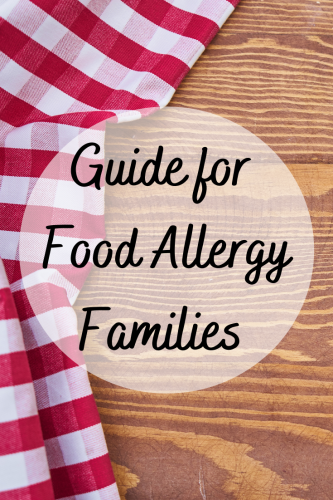
What is food allergy?
When the immune system of the body attacks a specific food component, this is called food allergy. It actually results from an overactive immune system. Even a small proportion of food can cause food allergy such as disturbance of the digestive system.
As per a recent survey conducted by “Center of disease control & prevention” in The United States, food allergy affects 6 to 8% of kids under 3 and up to 4% in adults.
What are the signs & symptoms of food allergy?
Food allergy symptoms are most common in adults and children. If you feel that the food you have eaten years ago is safe, even that food can cause allergy in your body. Immune system of your body helps you fight against diseases and germs. WBC’s (White blood cells), in particular, do this noble task efficiently. Food reaction occurs when your immune system overreacts to food.
Some of the major symptoms of allergic reaction are as follows;
- Vomiting
- Shortness of breathing
- Sore throat
- Fever
- Formation of red patches on skin
- Dizziness
- Coughing
What foods could be a problem
Following food items are most likely to be a cause of allergy:
- Eggs
- Milk
- Peanuts
- Fish
- Wheat
In some countries, certain seeds like sesame and mustard are also considered as high risk food allergy factors.
How is food allergy diagnosed?
It is diagnosed by drawing out blood and sending it for testing against different food substances. Levels of IgE immunoglobulin (antibody) are measured in response to each substance tested.
What is the treatment of food allergy?
Many patients need to see their dietitian after they find themselves with symptoms of food allergy. Physicians will diagnose and assess what type of food allergy is present and what treatment is required to treat that allergy or one can take a look at this 504 plan for your food allergy.. Proper medication is also mandatory to treat food allergy. Mild to moderate symptoms are treated with anti histamine and severe are treated with adrenaline (a life saving drug).
6 Tips for preventing food allergy reactions
- Read food labels
Reading food labels carefully is an obvious way to prevent yourself from food to which you are prone to be affected. Individuals with food allergies should stay away from food products with these labels to prevent a severe allergic reaction. Ingredients must be checked thoroughly.
- Be aware of your symptoms
It is necessary for you to be aware of the signs and symptoms of an allergic reaction. Knowing these, you can easily assess yourself and seek medical help in case of any emergency.
- Eating out
Be extra careful if you are dining out. Waiters do not know much about the ingredients of the food you are ordering. So, it is better to ask the kitchen staff about ingredients.
- Kitchen & equipments
The surroundings of the kitchen and tools that you are using to prepare food must be clean and sterilized.
- Medical alert bracelets
Always wear bracelets mentioning the substances you are allergic to.
- Medication
Medication as prescribed by the physician. These could include both curative and preventive medicines.





Leave a Reply